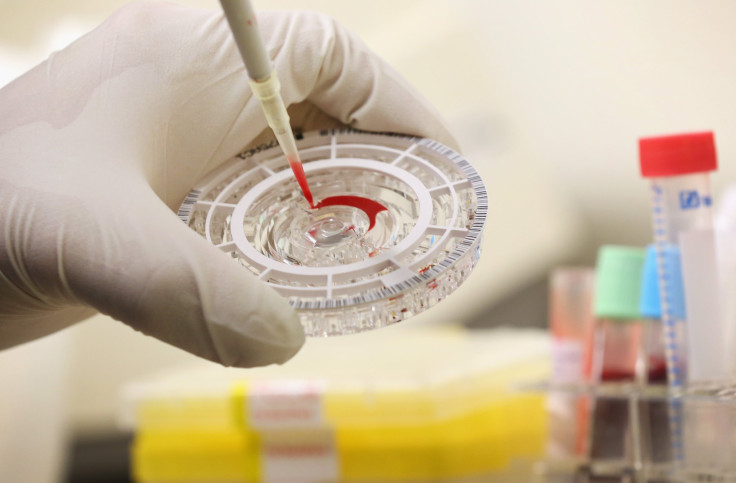Scientists Discover Way To Reverse Alzheimer's Symptoms In Mice, Including Memory Loss

Researchers targeting a specific protein have reversed Alzheimer’s-like symptoms in mice, according to a report seen by the New Scientist.
Clumps of two types of sticky proteins, beta-amyloid plaques and tangles of tau, build up in the brains of those suffering from Alzheimer’s. While most studies have focused on beta-amyloid, this analysis focused on tau protein tangles, which have been suspected to have a link to memory loss.
Targeting tangles of that protein in mice with symptoms found in Alzheimer’s counteracted their brain damage, curbed memory loss and extended their lives, researchers from Washington University in St Louis, Missouri found.
Scientists injected the mice with fragments of RNA called antisense oligonucleotides four times a month to destroy the genes that make tau. The drug successfully spread through the mice's brain and lowered tau levels. It also destroyed existing tau tangles and prevented the protein from spreading around the brain of older mice.
The mice that were injected with the drug lived up to 50 days longer than those who did not get the treatment. The mice were also able to maintain skills, such as nest-making, which were lost in mice that did not get the RNA drug.
Testing On Chimps
The team also gave the treatment to cynomolgus monkeys, in which they saw about a 20 percent reduction in tau production with no apparent side effects. The test shows the drug could be helpful when it comes to human treatment.
However, scientists are worried that lowering levels of a brain protein like tau could have an impact on normal human brain function. Researchers will carry out further tests on larger primates before moving on to human beings.
© Copyright IBTimes 2024. All rights reserved.





















